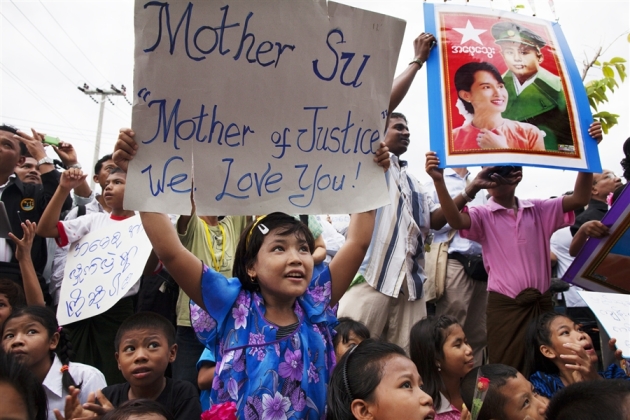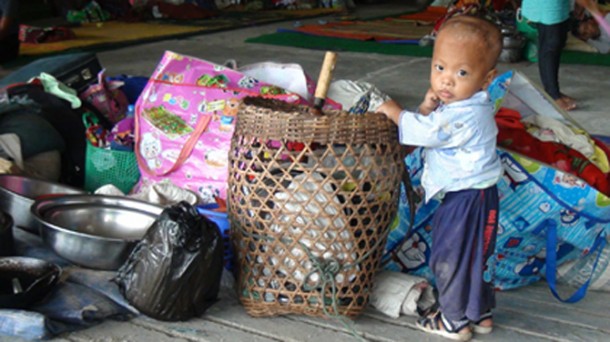Who Is… Samantha Power?
October 9, 2013 Leave a comment

Samantha Power addresses reporters on evidence of Syrian chemical weapons attacks collected by U.N. investigators.-photo by: Stan Honda
Personal Background and Education
Ambassador Power was born in Dublin, Ireland, and immigrated to the U.S. with her family at the age of nine. She holds a B.A. from Yale University and a J.D. from Harvard Law School. Power’s first profession was that of field journalist. She covered the Yugoslav Wars and reported from Rwanda and Sudan. Power was later the Founding Executive Director of the Carr Center for Human Rights Policy at Harvard University’s Kennedy School of Government from 1998 to 2002. Here, she also became the Ann Lindh Professor of Practice of Global Leadership and Public Policy. She is married to Cass Sunstein, and they have two children.
Professional Experience
On August 2nd, 2013, Dr. Samantha Power became the acting U.S. Permanent Representative to the UN (she replaced Susan Elizabeth Rice as the nominee in June) and a member of President Obama’s Cabinet. Dr. Power’s previous posts under the Obama administration include Special Assistant to the President and Senior Director for Multilateral Affairs and Human Rights on the National Security Council from 2009 to 2013. During this time she also directed the fledgeling Atrocities Prevention Board. In these positions, Power directed efforts toward UN reform, advocated for LGBT and women’s rights, addressed human trafficking and the safeguarding of religious minorities.
Now, in case you are feeling a bit winded just from reading a resume (I know I am), there is a reason why Power’s work, and resulting appointment as U.N. Ambassador, is so crucial to organizations like Living Ubuntu and the victimized and oppressed around the globe… her unwavering commitment to human rights, specifically in the Middle East, North Africa, Sudan and Burma.




